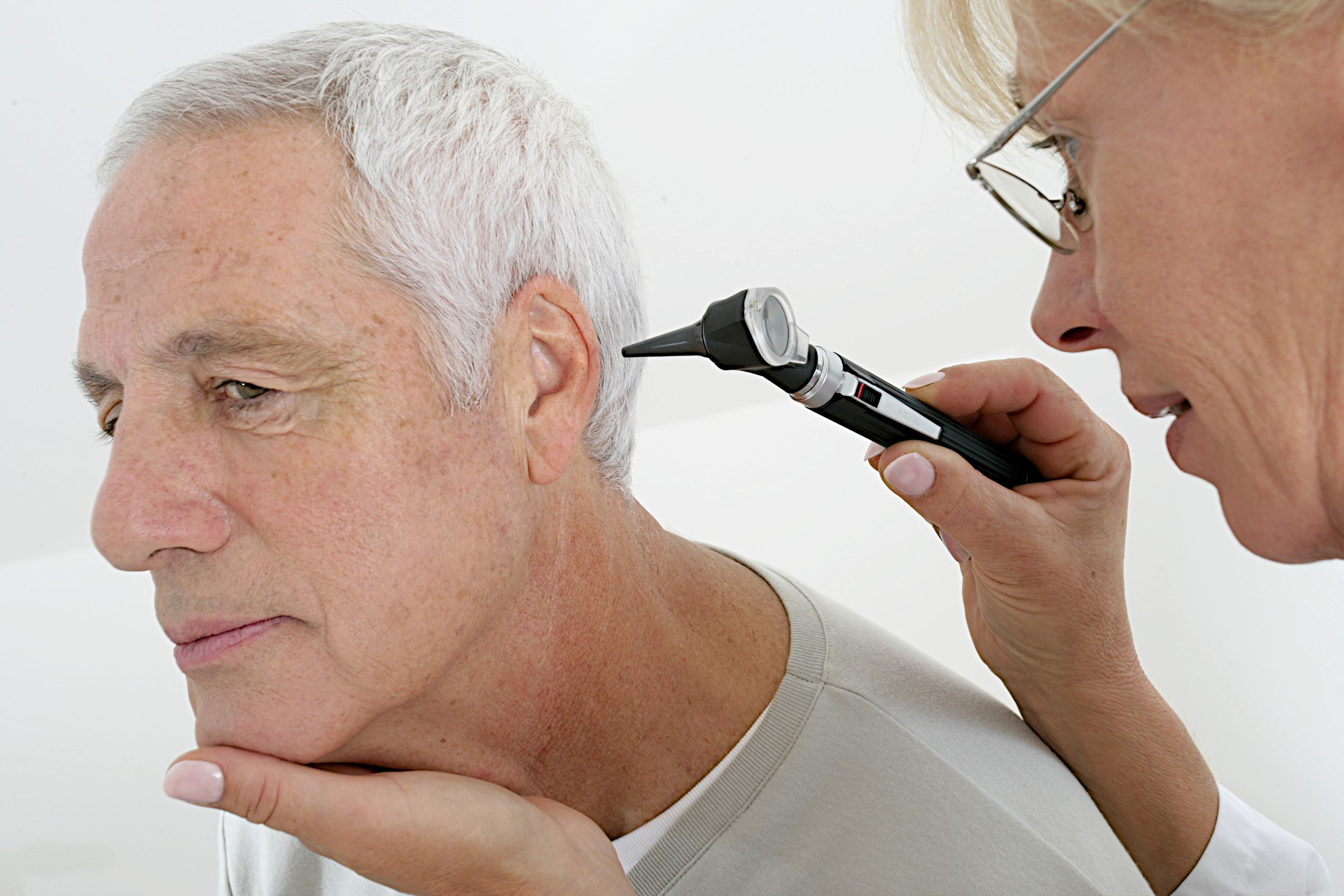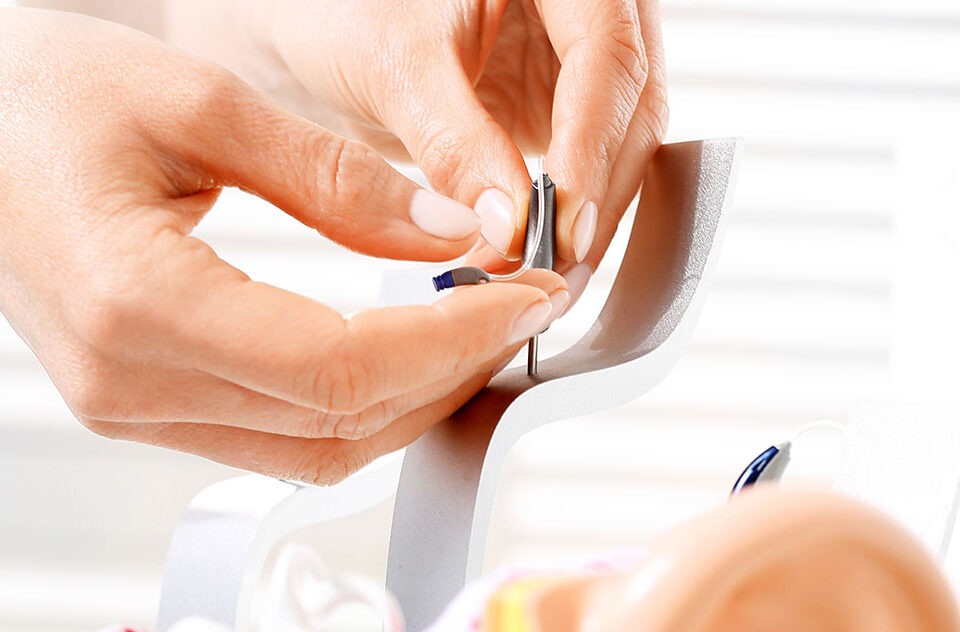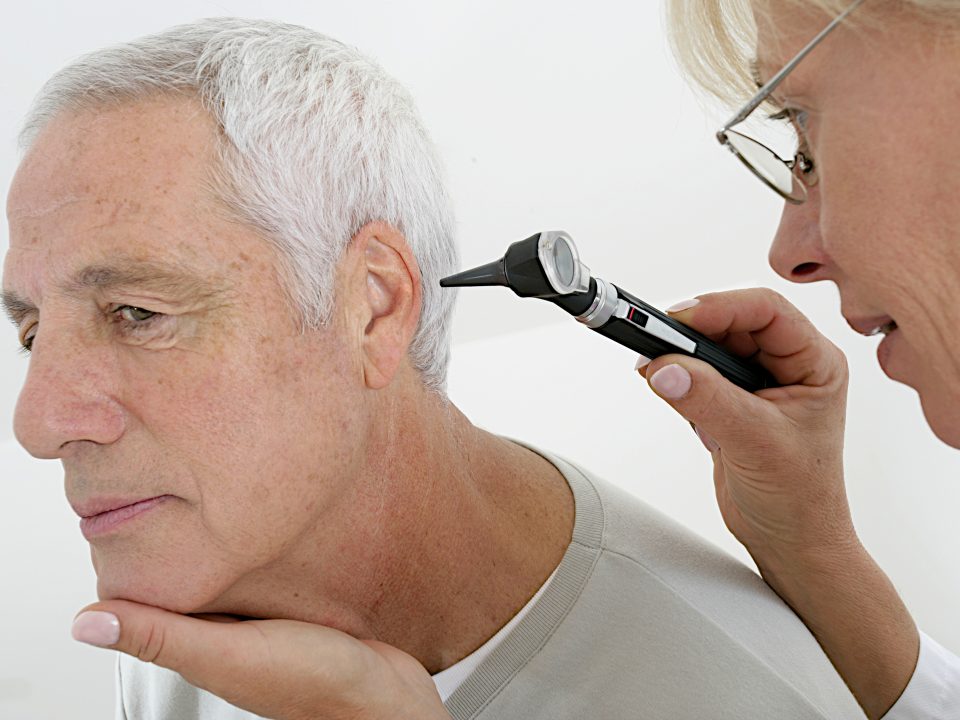
Ways to Keep Your Hearing Loss From Getting Worse
February 16, 2022
The Effectiveness of Hearing Aid Wax Guards
March 15, 2022Hearing loss is incredibly common. Over five percent of the world’s population – that’s 466 million people – experience some degree of hearing loss. One of the most common forms of hearing loss experienced by many people is called tinnitus. There is a great deal of misinformation out there about tinnitus and how it actually works. One of the most common misconceptions that a lot of people have is that tinnitus is always permanent. This simply isn’t the case. There are plenty of situations in which tinnitus can be temporary. With that in mind, here are some ways that you can tell whether or not tinnitus is temporary.
What is Tinnitus?
Simply put, tinnitus is the same given to the condition wherein you hear noises that are not caused by any outside source. These kinds of sounds can include but are not limited to, ringing, buzzing, humming or whooshing sounds. These kinds of sounds can be heard in one or both ears or can often be heard in your head. It is experienced by around 15-20% of people worldwide. Tinnitus can often come and go, but you may also experience these kinds of sounds all the time.
Tinnitus is not a condition in and of itself but is often a symptom of some kind of underlying condition such as age-related hearing loss, ear injury or a circulatory system disorder. However, there are other potential causes of temporary tinnitus that you should be aware of. Here are some of the signs that your tinnitus may be temporary.
Temporary vs. Chronic Tinnitus
Temporary tinnitus is a common occurrence and is often caused by exposure to loud noises or certain medications. It typically lasts for a short period of time and resolves on its own. Chronic tinnitus, on the other hand, is persistent and lasts for more than six months. It can be caused by various factors such as age-related hearing loss, earwax blockage, or underlying medical conditions. Chronic tinnitus may require medical intervention and long-term management.
The Causes of Temporary Tinnitus
Temporary tinnitus can be caused by a variety of factors. One of the most common causes is exposure to loud noises, such as attending a concert or working in a noisy environment without proper hearing protection. Other causes include certain medications, such as high doses of aspirin or nonsteroidal anti-inflammatory drugs (NSAIDs), ear infections, earwax blockage, and changes in ear pressure, such as during air travel or scuba diving.
Let’s go over the most common cause of loud noise more in depth.
Number One Cause – Exposed To Loud Noise
This is the leading cause of tinnitus. Loud noises can leave you with a ringing in your ears for some time afterward. This could be from attending a loud concert or sporting event, working on a job site with heavy machinery or even something like a car backfiring. If the source of the noise is something that is infrequent or only happens once, then there is a good chance that the tinnitus is only temporary and will likely only last for a short time afterward. However, if you are exposed to loud noise on a daily basis then that could result in more permanent symptoms. If you’re unsure what the cause could be, the best thing to do is to speak to a qualified audiologist as soon as possible.
Common Symptoms of Temporary Tinnitus
Temporary tinnitus is often accompanied by other symptoms that can vary from person to person. Some common symptoms include:
- Ringing or Buzzing Sounds: The primary symptom is a perception of ringing, buzzing, hissing, or other similar sounds in the ears.
- Intermittent Nature: Temporary tinnitus often comes and goes rather than being a constant presence.
- Duration: It typically lasts for a short period, ranging from a few minutes to a few days.
- Triggered by Loud Noise Exposure: Exposure to loud noises, such as concerts, fireworks, or machinery, is a common cause of temporary tinnitus.
- Earwax Buildup: Excessive earwax can sometimes cause temporary tinnitus. Cleaning the ears may alleviate the symptoms.
- Changes in Altitude: Rapid changes in altitude, such as during air travel, can lead to temporary tinnitus in some individuals.
- Medication Side Effects: Certain medications may have temporary tinnitus as a side effect. This can include aspirin, nonsteroidal anti-inflammatory drugs (NSAIDs), and some antibiotics.
- Ear Infections: Infections affecting the ear, particularly the middle ear, can cause temporary tinnitus.
- Sinus Congestion: Issues with the sinuses, such as congestion or infection, may contribute to temporary tinnitus.
- Stress and Fatigue: Stress and fatigue can exacerbate tinnitus symptoms. Managing stress and ensuring adequate rest may help alleviate temporary tinnitus.
- Jaw Problems: Temporomandibular joint (TMJ) disorders or jaw tension can sometimes be associated with temporary tinnitus.
- Medical Procedures: Certain medical procedures or dental work might temporarily cause tinnitus as a side effect.
How to Determine If tinnitus Is Temporary Or Not
To determine if tinnitus is temporary or not, it is important to track the duration and severity of the symptoms. Temporary tinnitus usually resolves on its own within a few days or weeks. If the symptoms persist for more than six months, it is likely that the tinnitus has become chronic. It is recommended to consult with a healthcare professional for a proper diagnosis and treatment plan.
When to seek medical help for tinnitus
While temporary tinnitus often resolves on its own, there are certain situations where medical help should be sought. If the tinnitus is accompanied by sudden hearing loss, dizziness, or severe pain, it is important to seek immediate medical attention, as these symptoms may be indicative of a more serious underlying condition. Additionally, if the tinnitus is significantly affecting your quality of life or causing distress, it is advisable to consult with a healthcare professional who specializes in tinnitus management.
Lifestyle changes to manage temporary tinnitus
In addition to medical interventions, certain lifestyle changes can help manage temporary tinnitus. Avoiding exposure to loud noises or using hearing protection when necessary can prevent tinnitus caused by noise-induced hearing loss. Managing stress levels through relaxation techniques, such as meditation or yoga, can also be beneficial. Maintaining a healthy lifestyle, including regular exercise, a balanced diet, and adequate sleep, can contribute to overall well-being and potentially alleviate tinnitus symptoms.
Preventing Temporary Tinnitus
While it may not always be possible to prevent temporary tinnitus, there are steps that can be taken to reduce the risk. Avoiding prolonged exposure to loud noises, using hearing protection in noisy environments, and following proper ear hygiene practices, such as not inserting objects into the ear canal, can help minimize the risk of developing temporary tinnitus. It is also important to be mindful of the medications you are taking and their potential side effects on hearing.
Summing Up
In conclusion, tinnitus is a common condition that can be temporary or chronic. Temporary tinnitus is often caused by exposure to loud noises or certain medications, and it typically resolves on its own. Chronic tinnitus, on the other hand, lasts for more than six months and may require medical intervention. It is important to track the duration and severity of tinnitus symptoms to determine if it is temporary or not. Seeking medical help is recommended if the symptoms persist or are accompanied by other concerning symptoms. Various treatments, lifestyle changes, and preventive measures can help manage temporary tinnitus and improve overall well-being.
Whether you suspect that tinnitus is temporary or permanent, the best thing that you can do is to speak directly to an audiologist. That way they can help you to better identify the causes, as well as offer potential treatment. Make sure to get in touch with Hadassah Kupfer, Doctor of Audiology at 917-791-1510 as soon as you begin to experience any form of tinnitus symptoms.





